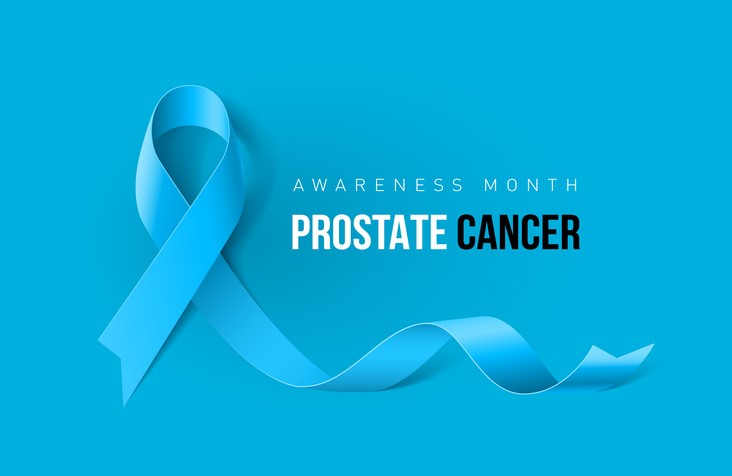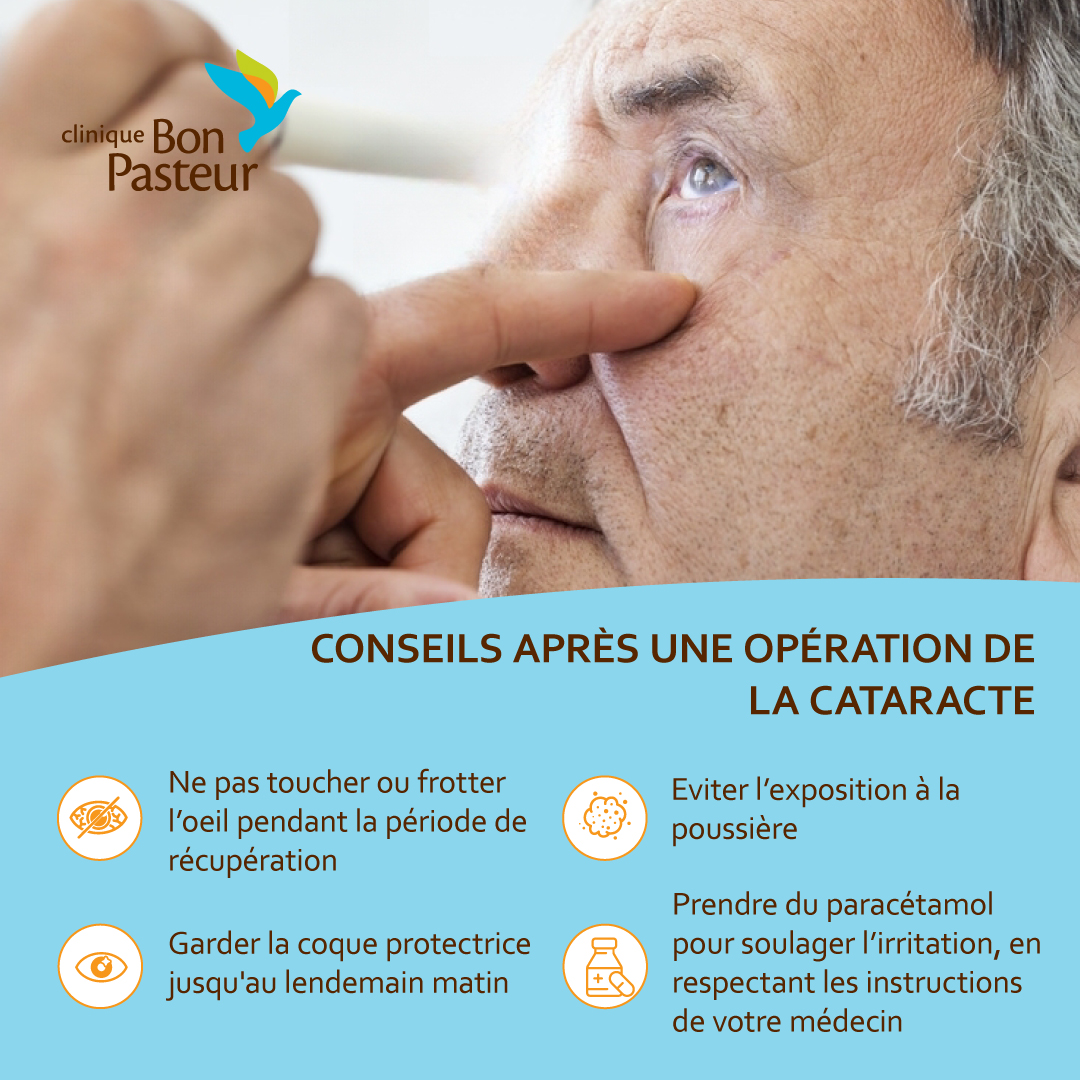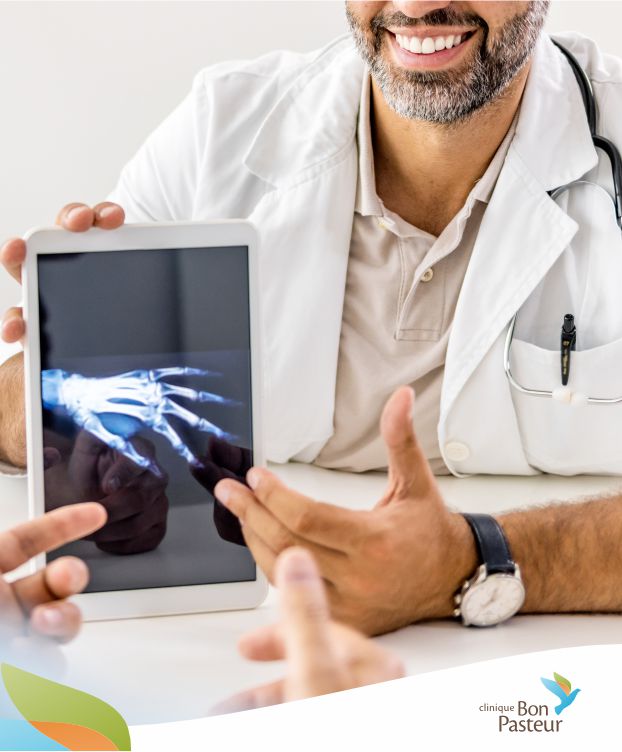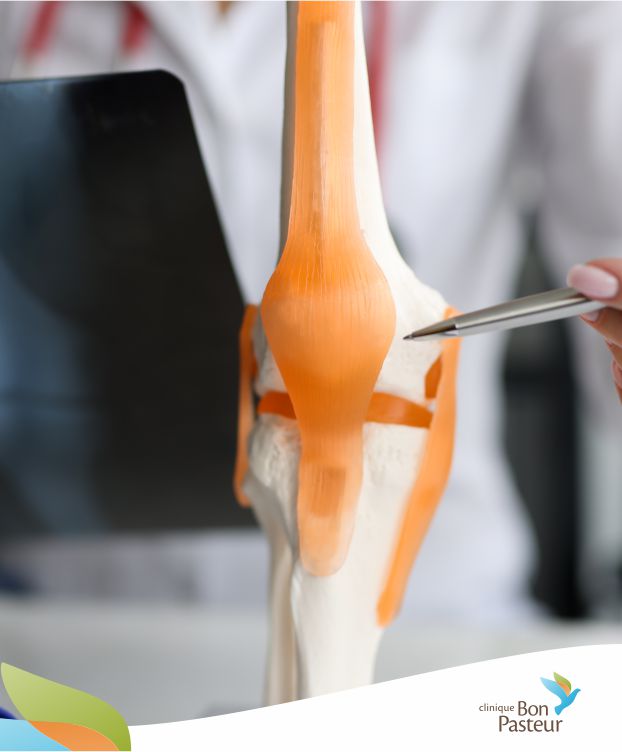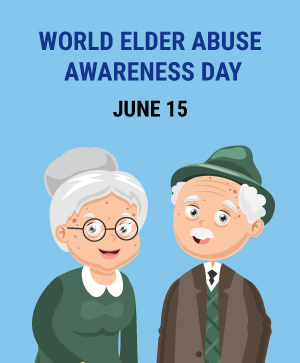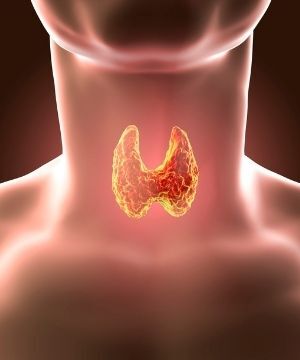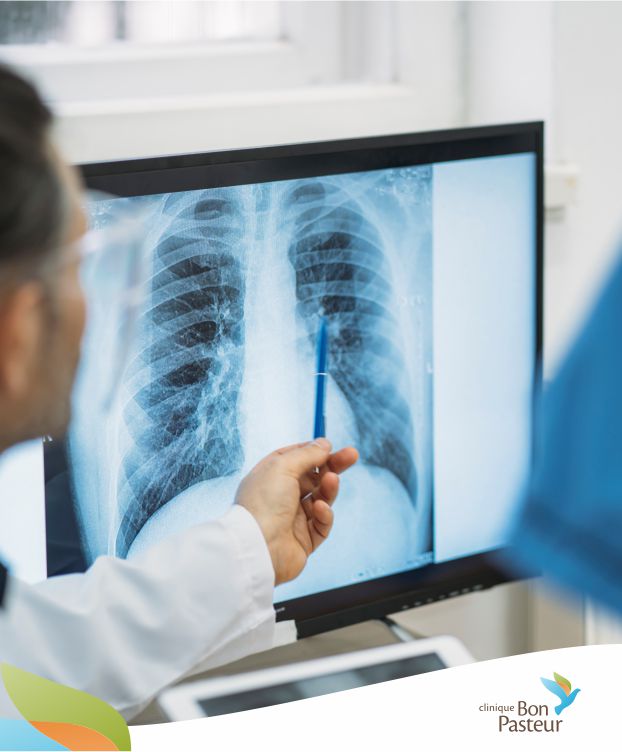All you need to know about premature labour and delivery
March 24, 2022
Overview about premature labour and delivery with Dr Nawoor
According to the WHO, premature births account for about 11% of all live births in the world. Quite a substantial figure! While premature labour happens rather inadvertently, are there ways to prevent it? We go round the question with Dr. Nawoor, Gynaecologist at the Clinique Bon Pasteur, and Director of the Nehru Hospital in Rose Belle.
How can we define prematurity?
There are three types of preterm births. We speak of moderate to late preterm when the birth arrives between 7 and 8 months, very preterm between 6 and 7 months, and extremely preterm when the child arrives before 28 weeks, that is before 6 months of pregnancy. In some countries, such as England and the United States, the foetus is considered viable after 22 weeks, despite a high mortality and morbidity rate. In Mauritius, a child is considered viable as from 26 weeks.
How can we recognise premature labour?
The signs may resemble those of a full-term pregnancy: contractions, fluid flow through the vagina, torn amniotic sac, loss of the mucous plug, painful stomach cramps or even dull pain in the back.
What are the main causes?
In most cases, premature labour happens without warning or known reason. There are, however, some causes that must be taken into account, as they are likely to lead to premature delivery. Some internal causes – such as uterine fibroids, uterine malformations, infection or cervical failure – or causes directly related to pregnancy – such as hydramnios, or excess of amniotic fluid, uterine overdistension in twin pregnancy, placenta praevia or retroplacental hematoma – may induce premature labour. Some conditions, such as diabetes mellitus or high blood pressure, can also play a part. Finally, overwork, long daily commuting or trauma must also be considered.
Is it possible to prepare for this?
There are many risk factors to monitor. These include tobacco, alcohol and drug abuse, a history of premature childbirth, short time lapse between pregnancies, traumatic events and socio-economic factors, such as poverty or poor nutrition. We therefore need to identify at-risk patients and perform a close prenatal follow-up, providing advice and raising awareness on premature labour. If the patient shows signs of early labour, there are many things, which can be implemented, whenever possible. In addition to forced rest and leave of absence from work, the focus will be on adequate infection treatment, cervical stitch or the administration of tocolytic or antispasmodic drugs.
How are premature babies different from full-term babies?
Although, most of the time, premature babies are born with all their organs, these are still immature. Sometimes, such babies still have their eyes closed, some must be intubated to be able to breathe… In most cases, we notice an extreme skin sensitivity, which can be very painful. This does not mean that parents should avoid touching their premature baby – quite the contrary! It is strongly recommended that the mother engages in ‘skin-to-skin’ contact as soon as the baby’s condition permits. Beyond all this, the premature baby requires a great amount of care, love and courage to go through this fight. And a fight it is, since it takes a real fighter to be born in such difficult conditions and spend two months, sometimes three, in an intensive care unit!
For more information, do not hesitate to contact our maternity service at 401 95 00.
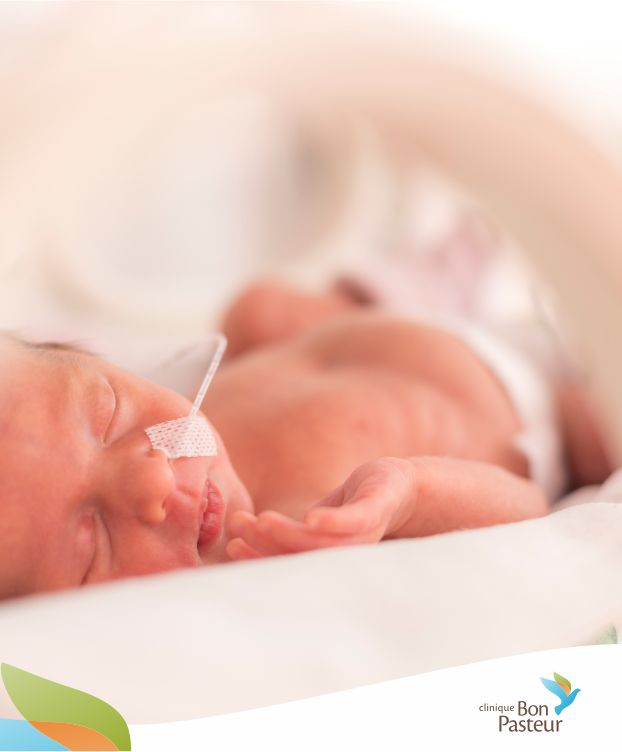
Related Article
